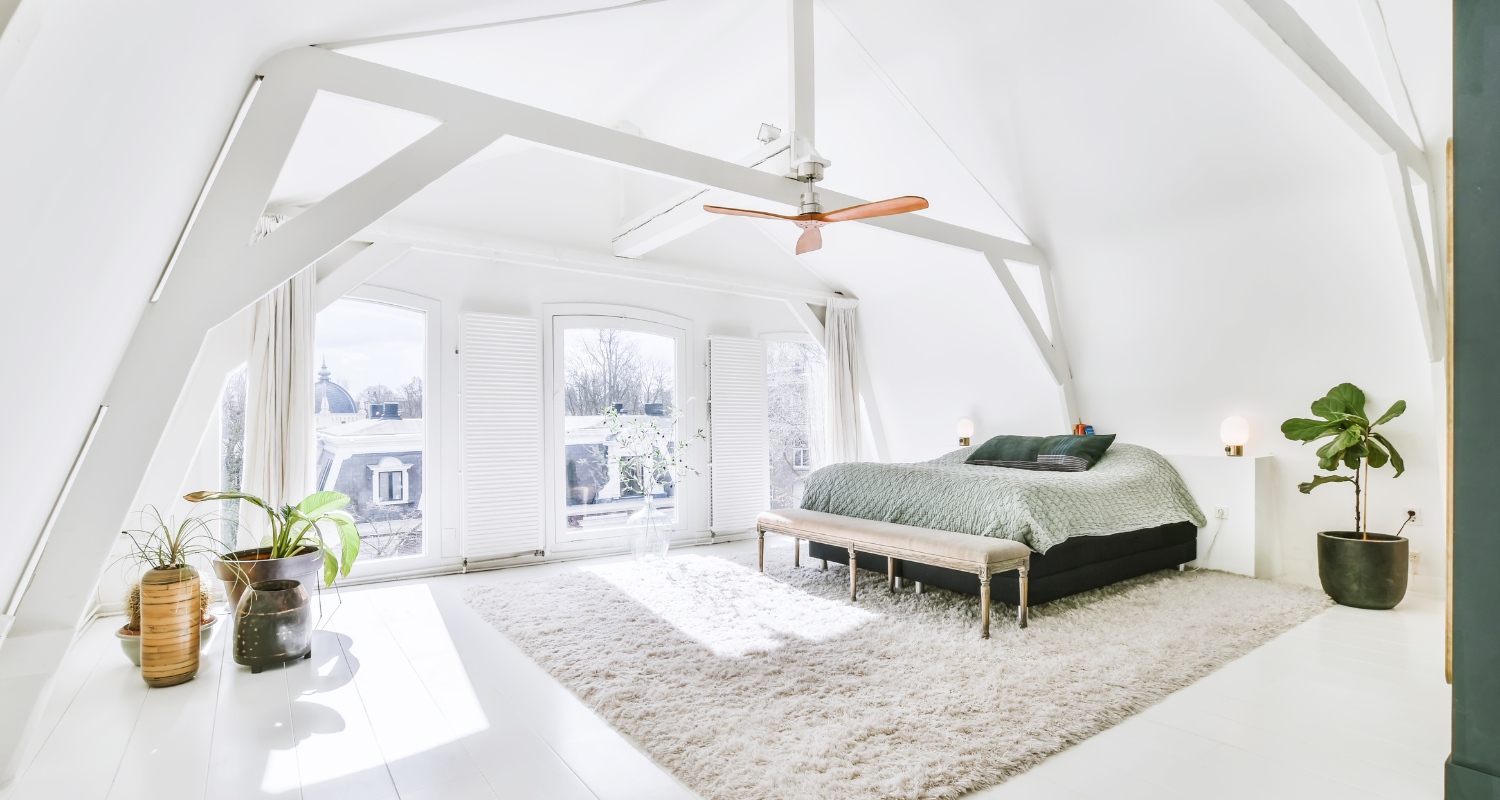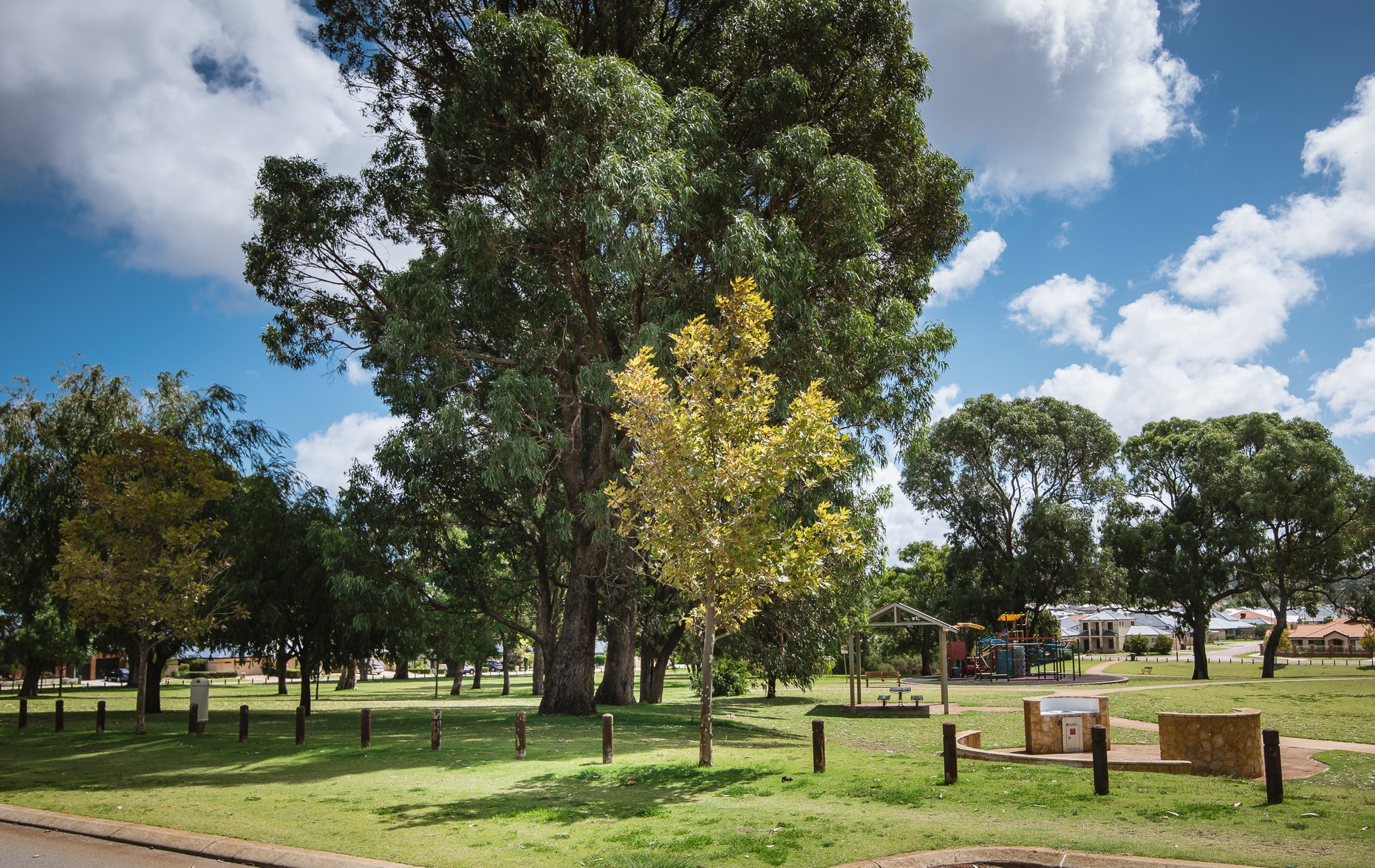What to Look for When Inspecting a Home
Walking through an open home can be exciting, but it’s also easy to get caught up in the styling and overlook important details. Having a checklist in mind will help you spot potential issues early and decide whether a property is truly the right fit. While it’s natural to focus on whether the property “feels right,” it’s equally important to pay attention to the condition of the home, the neighborhood, and any hidden issues that may not be obvious at first glance.
Here’s a guide to help you when inspecting a home plus the essential questions to ask the real estate agent.
1
The Building’s Condition
Take time to look beyond the fresh paint or décor. Keep an eye out for:
-
Any signs of pest damage
-
Poor or rushed construction work
-
Damp patches on walls or ceilings
-
Visible cracks in the foundation or brickwork
2
The Neighborhood
The surrounding environment is just as important as the house itself. Consider:
-
How well neighboring yards are maintained
-
Evidence of noisy or disruptive pets
-
Whether you feel you’d have enough privacy in the space
3
Location Factors
Think about the property’s position and surroundings:
-
Is it on a busy road with lots of traffic noise?
-
Is it close to commercial or industrial sites?
-
Is there a train line nearby?
-
Are there overhead power lines?
-
Is it within easy reach of schools?
-
Is it on land that may be prone to flooding?
These visual checks will give you a feel for whether the property suits your lifestyle. But to make an informed decision, you also need to ask the right questions.
Questions to Ask the Real Estate Agent
Even the most polished home inspection can’t reveal everything. That’s why you should take the opportunity to ask the selling agent for clarification on key points:
1
Is everything in the home working?
It’s important to ask if major systems like heating, cooling, hot water, appliances, and plumbing are in good working order. A property may look pristine, but hidden maintenance issues can quickly add up.
2
Are there any unapproved structures or renovations?
Ask whether any extensions, sheds, patios, or renovations have been approved by council. Unapproved structures can cause problems when it comes to finance, insurance, or future resale.
3
Is the property on a Green Title, Strata Title, or another form of ownership?
In WA, a Green Title means the property is completely independent. You own the land and the home outright, with no shared areas. A Strata Title usually means shared land or facilities (such as driveways, gardens, or apartment amenities). If the property is on a strata, make sure to ask:
-
What are the strata fees?
-
What do they cover (e.g., maintenance, insurance, landscaping)?
-
Are there any upcoming levies for major repairs or upgrades?
4
How long has the property been on the market?
This can give you a sense of how competitive the pricing is and whether there’s room for negotiation.
5
Are there any current or pending issues with the property?
For example, disputes with neighbors, easements on the land, or council notices.
Final Thoughts
When you’re buying a home in WA, don’t just rely on first impressions. Look carefully at the property itself, consider the neighborhood and location, and make sure you ask the selling agent the right questions.
The more thorough you are at this stage, the more confident you’ll feel when making one of the biggest decisions of your life.



